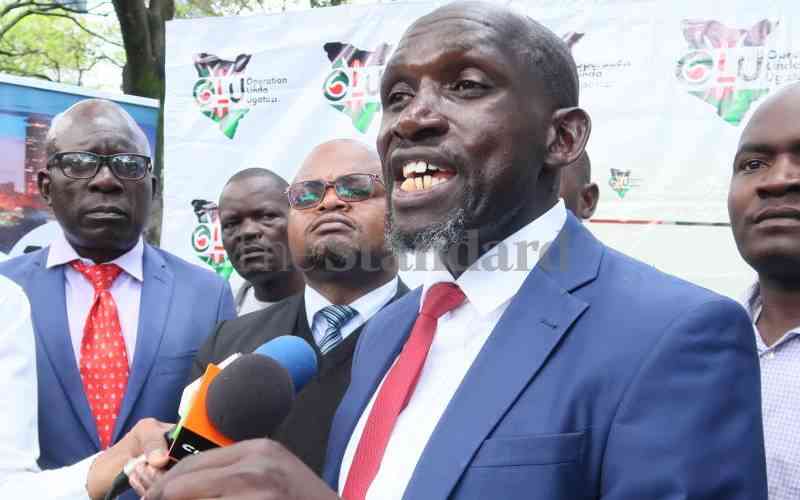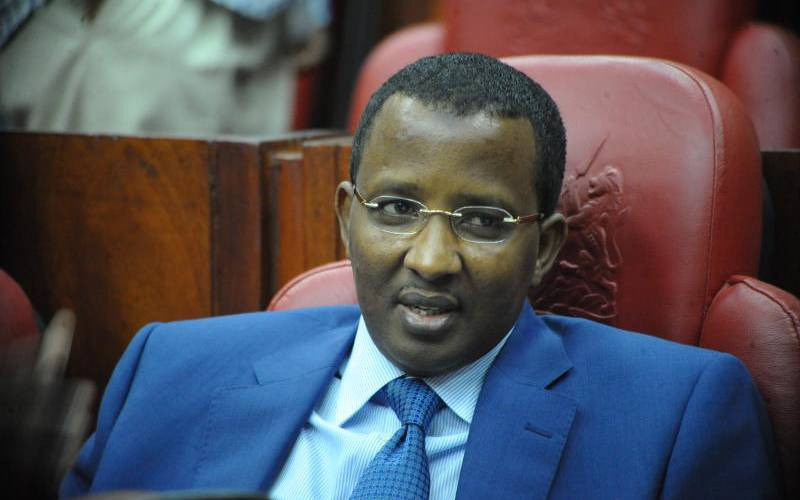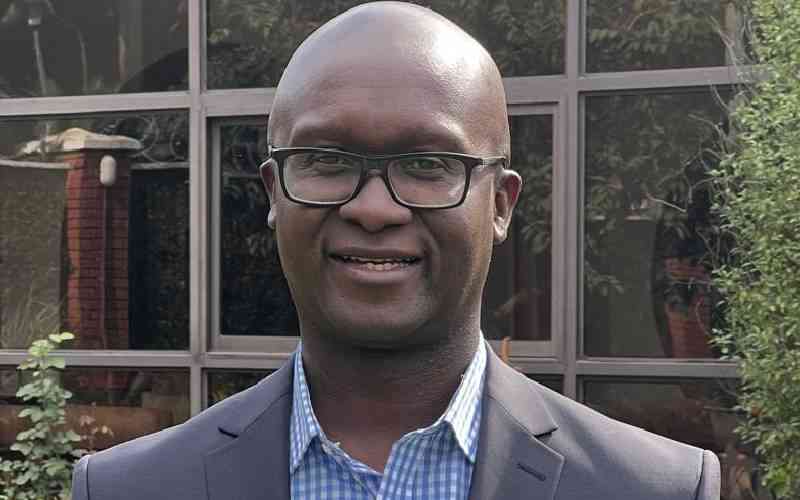Kenya defended its involvement with the International Criminal Court on Thursday as prosecutors seek to have the country held accountable by the court's member states for failing to cooperate on an investigation of President Uhuru Kenyatta.
Prosecutors last week dropped charges of crimes against humanity against Kenyatta, who was accused of orchestrating a wave of deadly violence after Kenya's 2007 elections, due to a lack of evidence.
They have said Kenyatta, the first sitting president to have attended a session of the court, used his powers to obstruct the investigation, especially since becoming head of state last year. Kenyatta's lawyers denied this.
ICC judges agreed that Kenya had not cooperated in "good faith" with the court, but decided against referring the matter to the body representing the court's 122 member states. On Tuesday the prosecutors sought leave to appeal that decision.
Kenyan U.N. Ambassador Macharia Kamau defended his country's cooperation with The Hague-based international court at a meeting of the court's member states, known as the Assembly of States Parties, at the United Nations in New York on Thursday.
"There is nothing in the history of our country, nothing in the manner in which we have cooperated with the prosecutor or the ICC in general, that should ever be construed as a lack of cooperation without clear determinable evidence being provided," he said.
Kamau told the Assembly of States Parties that despite fully cooperating, Kenya had become "a victim of castigation, ridicule and disparagement." He said cooperation with the court was ill-defined and there was a lack of oversight.
"We insist here today that cooperation must be defined in a manner that is consistent with universal norms and cannot be something that is determined by one party at the expense of another party, particularly not at the expense of a state party," Kamau said.
The court did not acquit Kenyatta, so charges could be brought again if more evidence becomes available.
The most prominent public figures indicted by the ICC include Sudanese President Omar al-Bashir, wanted for genocide in Darfur, who remains at large and in office, and Saif al-Islam Gaddafi, son of Libya's former leader, whom Libyan authorities have refused to hand over.
 The Standard Group Plc is a
multi-media organization with investments in media platforms spanning newspaper
print operations, television, radio broadcasting, digital and online services. The
Standard Group is recognized as a leading multi-media house in Kenya with a key
influence in matters of national and international interest.
The Standard Group Plc is a
multi-media organization with investments in media platforms spanning newspaper
print operations, television, radio broadcasting, digital and online services. The
Standard Group is recognized as a leading multi-media house in Kenya with a key
influence in matters of national and international interest.
 The Standard Group Plc is a
multi-media organization with investments in media platforms spanning newspaper
print operations, television, radio broadcasting, digital and online services. The
Standard Group is recognized as a leading multi-media house in Kenya with a key
influence in matters of national and international interest.
The Standard Group Plc is a
multi-media organization with investments in media platforms spanning newspaper
print operations, television, radio broadcasting, digital and online services. The
Standard Group is recognized as a leading multi-media house in Kenya with a key
influence in matters of national and international interest.






